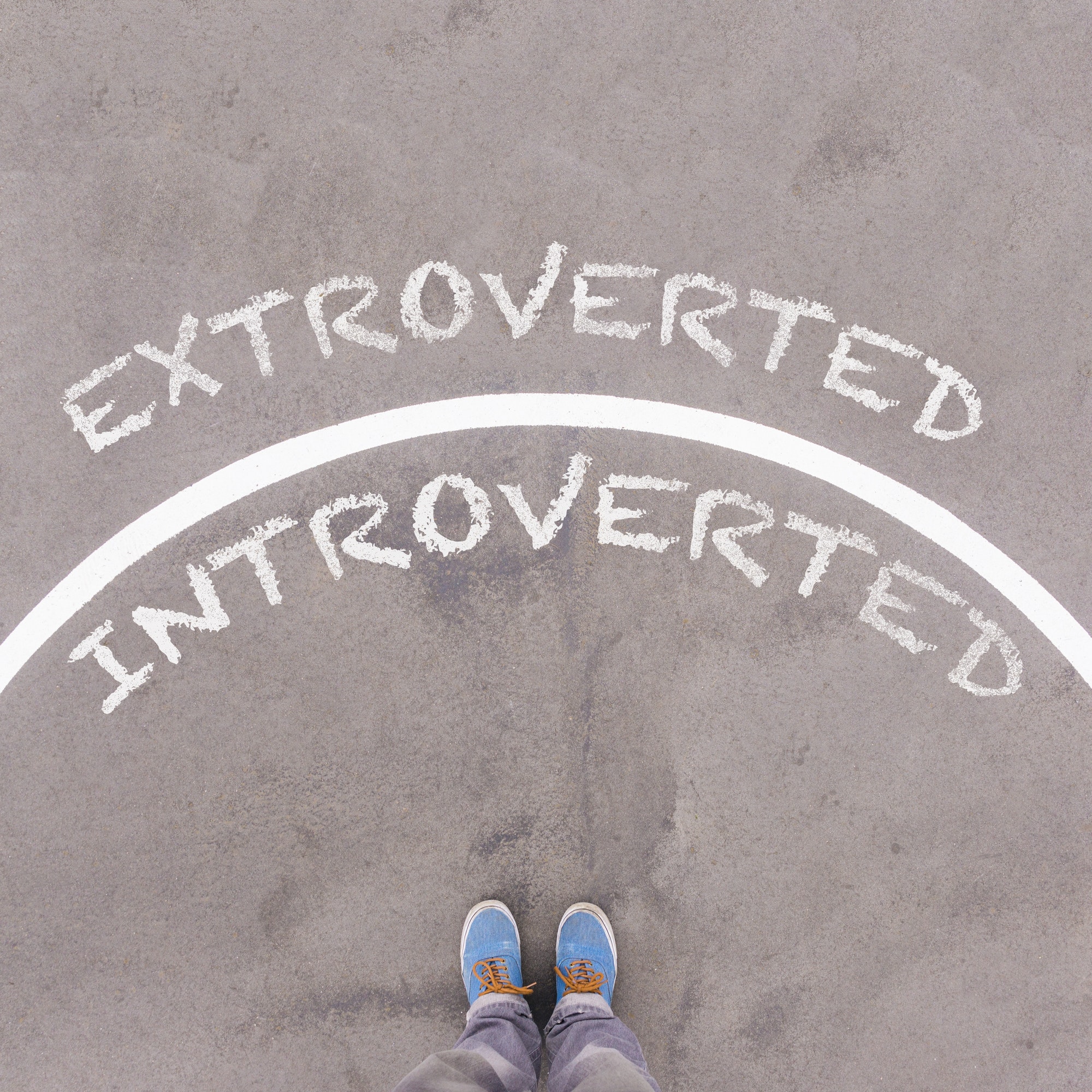Introverts vs Extroverts: Do They Handle Mental Health Differently?
The spectrum of introversion and extroversion defines how individuals interact with the world and derive energy. Beyond social preferences, does this spectrum also influence how introverts and extroverts handle their mental health? In this exploration, we delve into the nuances of mental health within these personality types.
1. Understanding the Introverted Mind:
Introverts, known for their preference for solitude, may be more susceptible to overthinking and internalizing stress. While introspection is a strength, it can lead to a heightened awareness of negative thoughts. Introverts might find solace in activities like journaling or mindfulness to manage their mental well-being.
2. The Extroverted Energy Outlet:
Extroverts, fueled by social interactions, often seek external outlets for stress relief. Their energy tends to thrive in vibrant environments. Social connections play a crucial role in maintaining their mental health, acting as a support system during challenging times.
3. Social Anxiety vs. Social Fulfillment:
Introverts may experience social anxiety, especially in large gatherings. Their mental health can be influenced by the need to balance socializing with the essential solitude they crave. Extroverts, on the other hand, may face challenges when deprived of social interactions, impacting their mood and well-being.
4. Coping Mechanisms:
Introverts may resort to individual coping mechanisms, such as engaging in creative activities or spending time in nature. Extroverts might lean towards group activities, seeking solace and support from their social circles. Understanding these coping mechanisms is vital in tailoring mental health strategies.
5. Stress Responses:
Introverts may internalize stress, leading to potential emotional exhaustion. Extroverts, in contrast, may externalize stress, expressing their emotions more openly. Recognizing these distinct stress responses is crucial in addressing mental health challenges effectively.
6. Communication Styles:
Introverts may prefer written communication or one-on-one conversations, allowing them to express their thoughts more thoughtfully. Extroverts may find relief in verbal communication and sharing their feelings openly. Tailoring mental health support to individual communication styles is essential.
7. The Impact of Social Expectations:
Society’s extroverted bias can place undue pressure on introverts to conform to social norms, potentially affecting their mental health. Extroverts, while thriving in societal structures, might face challenges when they need moments of solitude and introspection.
8. Seeking Help:
Introverts may hesitate to seek professional help due to their inclination towards privacy. Extroverts, being more outwardly expressive, might be more proactive in reaching out for support. Breaking the stigma around seeking help is crucial for both personality types.
9. Self-Reflection Practices:
Introverts may benefit from regular self-reflection practices to manage their mental health. Journaling, meditation, or engaging in solo hobbies can provide a sense of balance. Extroverts might find solace in group therapy or community activities that align with their social nature.
10. Personalized Approaches:
Recognizing the diversity within introverts and extroverts is essential for mental health professionals. Personalized approaches that consider individual preferences and coping mechanisms can contribute to more effective mental health strategies.





Leave a Reply